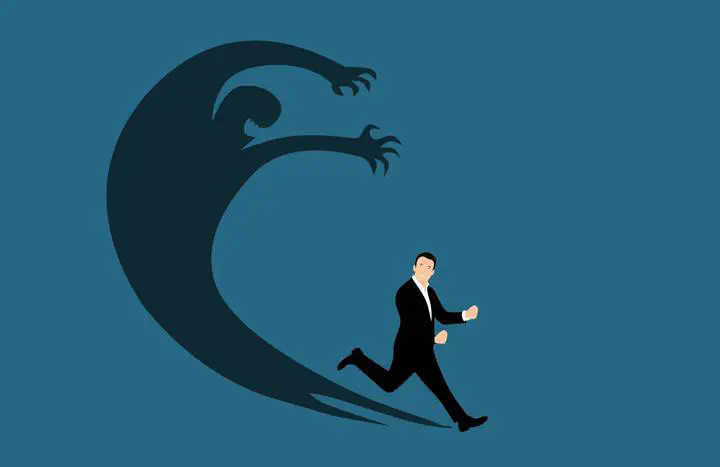Post-Traumatic Stress Disorder (PTSD)

Post-traumatic stress disorder (PTSD) is a debilitating disorder that occurs after exposure to a severely stressful event. The nature of this stress is particularly complex in wartime situations as it involves exposure to a stressful environment over a long period of time punctuated by an intensely traumatic event that may be short-term. In order to understand the biological changes that this leads to, both, in the brain and body, we need animal models which are exposed to stress with similar complexities in terms of duration and intensity. Therefore, we developed a rat model where the animals get exposed to Chronic plus Acute Prolonged Stress (CAPS). The ‘chronic’ component involves a mild stress where the animals are placed in a cold room for 6 hours every day for two weeks. On the 15th day, the animals are exposed to intensely stressful situations consecutively (attack by a ‘bully rat’, immobilization stress, swim stress). We then assessed if exposure to CAPS affected the animals’ coping behavior in the shock-probe burying test, anxiety in the NSFT and evoked stress hormone response.
After exposure to a probe that delivers a shock in the shock-probe burying test, CAPS-treated animals spent lesser time burying this probe and more time immobile, compared to the control unstressed animals. This illustrated that CAPS exposure altered the animals’ coping behavior from a mostly active to a passive style. The NSFT is an approach-avoidance conflict test where food deprived rats have to go to the center of an anxiety-provoking environment (a large open field) to obtain their food. CAPS-treated animals took significantly longer to approach and eat the food suggesting that they had increased anxiety compared to the control animals. Both, a shift in coping strategy from active to passive and an increase in anxiety are characteristic symptoms of PTSD. Next, we checked if CAPS-exposure altered the stress hormone response evoked by acute (short-term/mild) stress. CAPS-treated animals were exposed to acute stress either 1 day or 5 days post-CAPS. The acute stress itself increased stress hormone levels in all groups relative to their own pre-stress baseline level. ACTH levels were blunted but only in the 1-day-post-CAPS group suggesting a dysregulation of the HPA axis which governs stress hormone responses. The behavioral and stress hormone assessments validated the CAPS-treatment in rats as a model for several features of PTSD in humans.